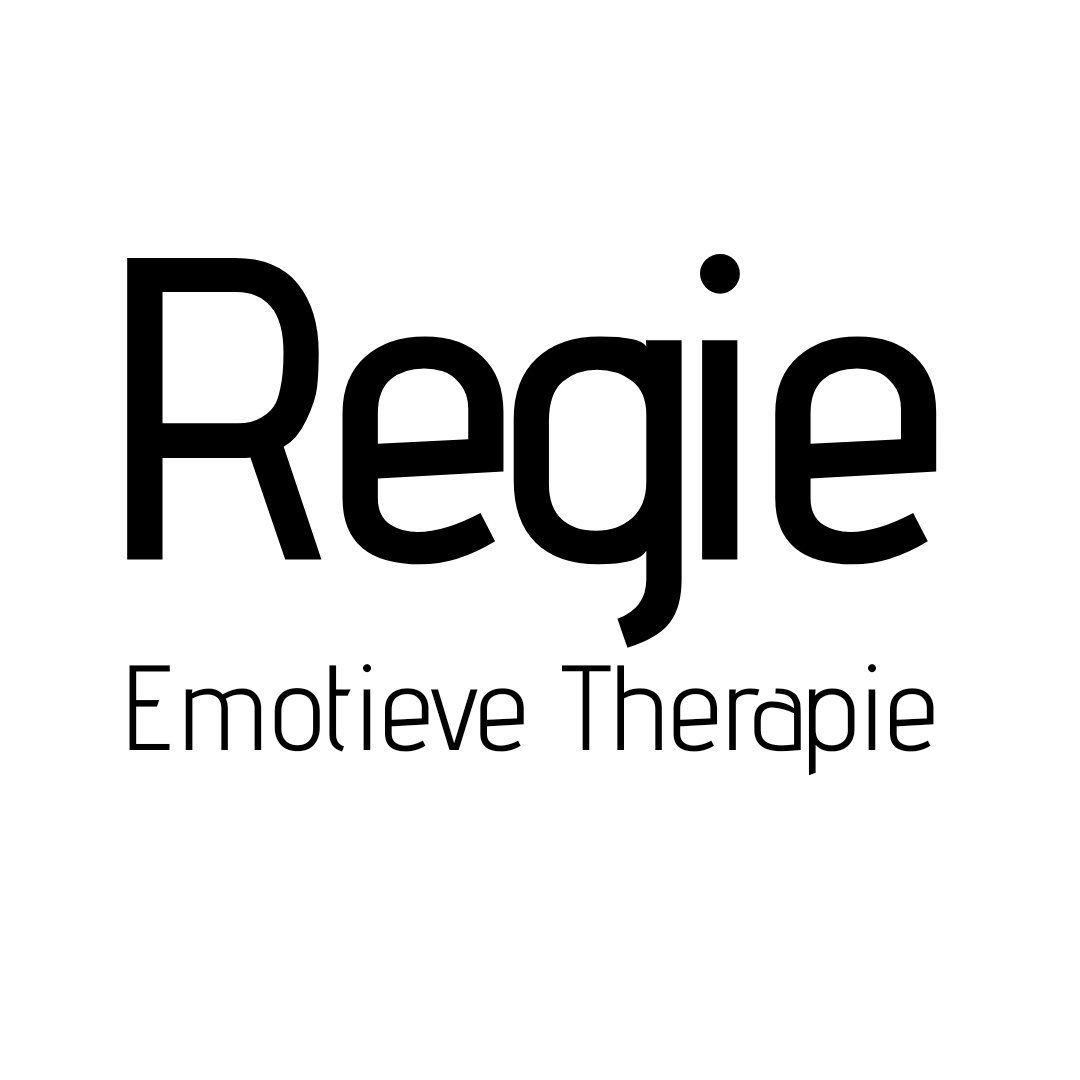Sometimes we notice that our children are inhibited in development. School performance deteriorates, they get outbursts of anger or sadness, sometimes they retreat and develop fear of failure. When you ask about it, you notice that your child feels ashamed or guilty. Whether it simply cannot give words to it and does not know it. You may know that your child has experienced one or more traumatic experiences that he or she has not been able to handle. Consider, for example, the loss of a loved one, divorce or being bullied. Problem-oriented sessions with children are a quick and effective way to help the child learn to deal with and process his emotions and can express himself better. As a result, problem behavior disappears, the learning performance improves and the child's self-confidence grows. Relationship between parent and child A lot also happens in the relationship between parent and child. This can cause you as a parent to feel powerless about certain behavior of your children. This allows you to develop feelings of impatience or irritation that your son or daughter rejects unintentionally. Maybe even one child more and more often than your other child. Although you want to stop it, this will not work. Your child responds to this. For example with anger or sadness. With which you notice over time that these emotions become stronger. If you ask about it, you probably notice that your child responds with "I don't know" or simply can't give it words. It withdraws because it feels ashamed or guilty. The consequences can be that children are inhibited in their personal development. School performance deteriorates or a negative self-image develops. Procedure Unlike children, separate problem-oriented sessions are possible for children. Often the child informs himself when a next session is desired. This will benefit the development of the child and the family bond.
Children
Email: info@regie-emotievetherapie.nl Privacy statement and Terms and Conditions
Copyright 2018, Director - Emotive Therapy Copyright Emotive Therapy, Dudra VOF




